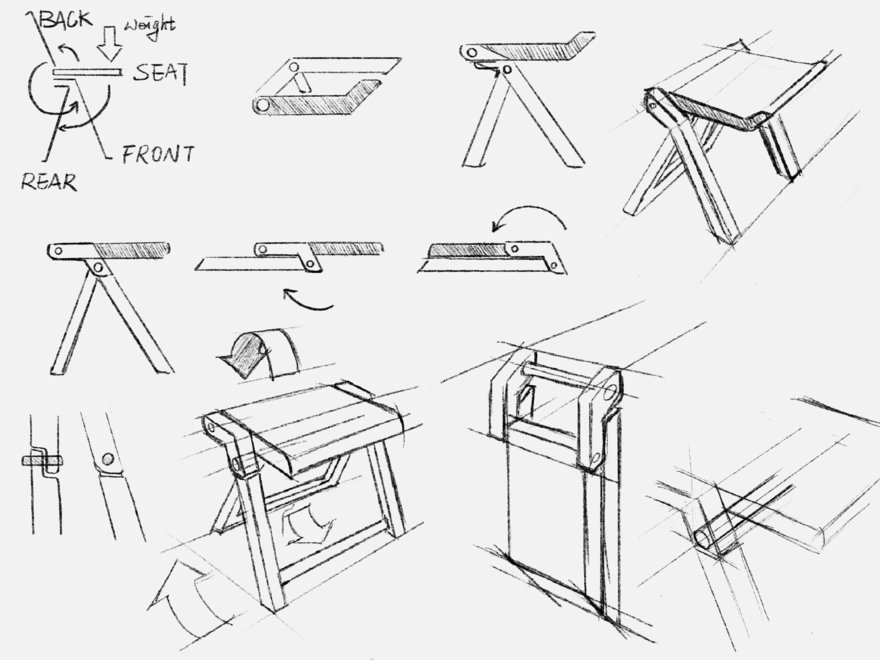The 2021 Core77 Design Awards Tools & Work category honors products or services designed for individual consumer use with the intention of improving efficiency and productivity. Examples include: hardware tools, photography and audio equipment, productivity applications, educational tools, etc.
This year's Core77 Design Awards Tools & Work team was led by Wild One Co-founders Minali Chatani & Veronica Becchetti. Joining them on the panel were Monish Sabnani, Co-founder at Courant, and Alisha Ramos, Founder at Girls' Night In.
The Tools & Work honorees are as follows:
Tools & Work Award Honorees
-
 Winner
WinnerMonogram Creative Console
By Monogram
-
 Runner Up
Runner UpHP DesignJet Studio
By Nacar Design
-
 Notable
NotablePMVND EDITION II
By POLARPRO
-
 Student Winner
Student WinnerXtend Nomadic Office
By Eva-Maria Bieli
-
 Student Runner Up
Student Runner UpUnifying the Digital Creative Process
By WWU Industrial Design class of 2020
-
 Student Notable
Student NotableHenry
By Jacob Tasker
-
 Student Notable
Student NotableTwo-way chainsaw—Turning
By Hao-Tian Zheng and Xi-Long Zhao
-
 Student Notable
Student NotableCameraBoy
By Bo Wang
-
 Student Notable
Student NotablecatCove
By Daniela Gomez-Quintero, Madison Jason, Kelly Pobgee, Jasmine Attanasio, and Cherie Chen
Congratulations to all of this year's honorees! You can view the honorees in all 18 categories on the Core77 Design Awards website.
Check out all the 2021 Core77 Design Awards honorees by category:
Built Environment | Commercial Equipment | Consumer Technology | Design Education Initiative | Design for Social Impact | Furniture & Lighting | Health & Wellness | Home & Living | Interaction | Packaging | Personal Accessory | Service Design | Speculative Design | Sports & Recreation | Strategy & Research | Tools & Work | Transportation | Visual Communication
from Core77 https://ift.tt/3gzmIgS
via IFTTT



























 "Ayodeji Oluwalana, recycling and special events coordinator for Iowa State University Facilities Planning and Management, with the plexiglass barriers that will soon be coming down inside the General Services Building."
"Ayodeji Oluwalana, recycling and special events coordinator for Iowa State University Facilities Planning and Management, with the plexiglass barriers that will soon be coming down inside the General Services Building." "Industrial design senior Jacob Laufenberg created a Desk Organizer Stress and Anxiety Reliever (DOSAR) out of recycled plexiglass barriers."
"Industrial design senior Jacob Laufenberg created a Desk Organizer Stress and Anxiety Reliever (DOSAR) out of recycled plexiglass barriers." "Industrial design senior Payton Stelling turned plexiglass barriers into an adjustable portable table for those working from home."
"Industrial design senior Payton Stelling turned plexiglass barriers into an adjustable portable table for those working from home."





